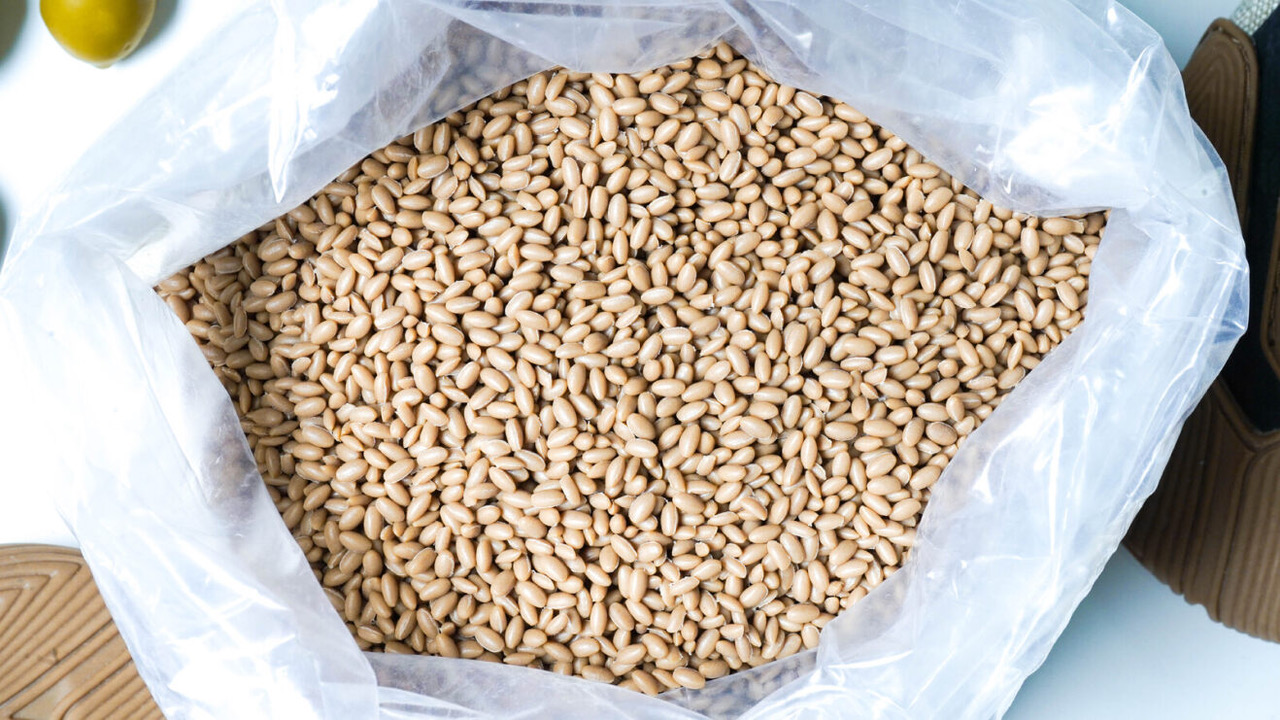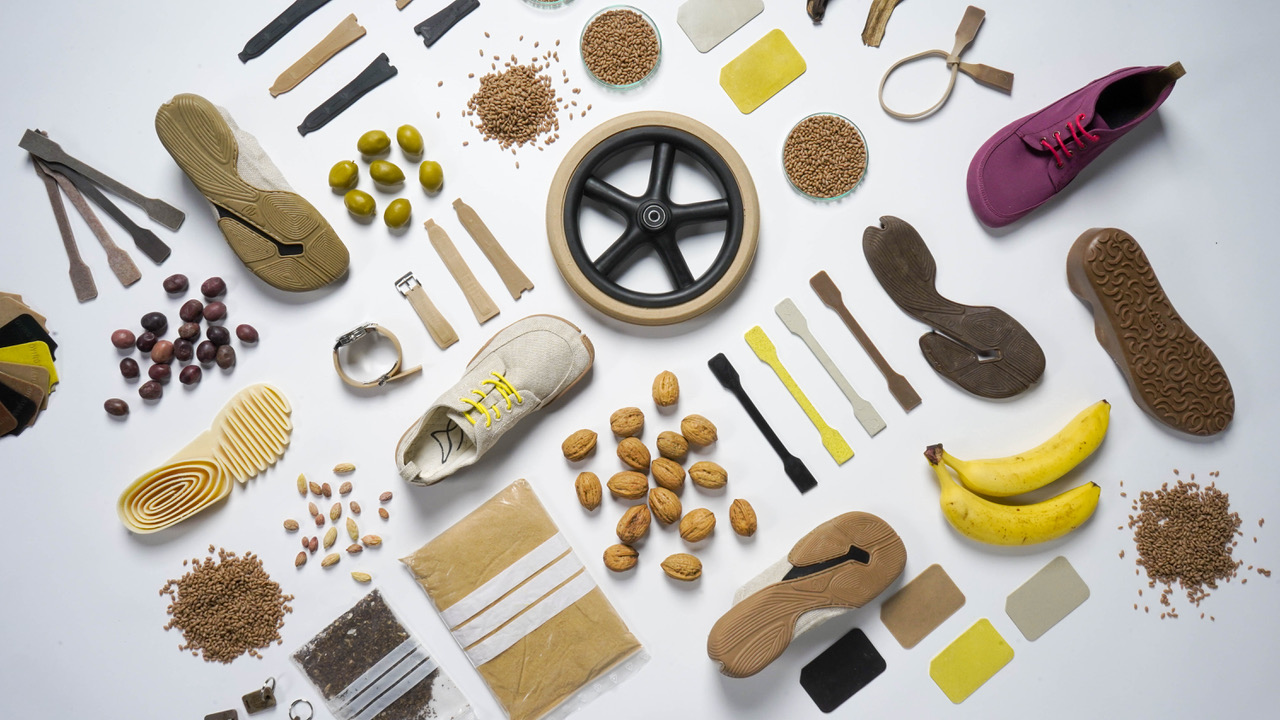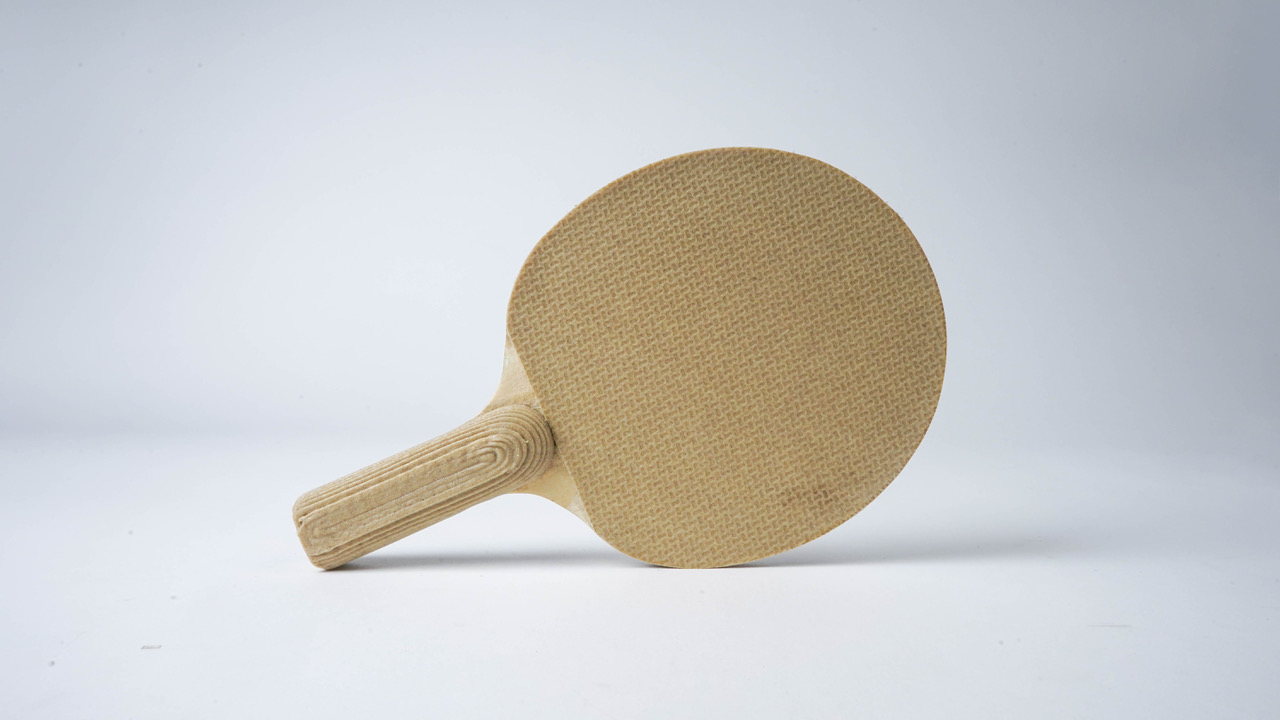Summary
- Profile Type
- Technology offer
- POD Reference
- TOCH20240717008
- Term of Validity
- 17 July 2024 - 17 July 2025
- Company's Country
- Switzerland
- Type of partnership
- Research and development cooperation agreement
- Commercial agreement with technical assistance
- Targeted Countries
- All countries
Contact the EEN partner nearest to you for more information.
Find my local partner
General information
- Short Summary
- A Swiss cleantech start-up offers the development and production of biobased and biodegradable polymers for outdoor, fashion, sport, automotive and other plastic applications based on food side-stream bio-fillers. Material granules are elastic. The properties can be tuned through composition changes to tackle the microplastic pollution issue due to the biodegradability. Commercial agreement with developers, producers, manufacturers of polymer products looking for sustainable materials is sought.
- Full Description
-
The Swiss start-up transforms otherwise worthless by-products of the food production into a valuable resource by incorporating them in high proportions of 20% up to 70% into the bioplastic matrix, thereby modifying the material properties. This process allows not only to produce biodegradable materials with biobased and recycled components but also to open versatile application possibilities and provide tailor-made material solutions for distributors and manufacturers.
The innovative technology for producing circular, high-quality plastic granulates is based on the use of food by-products as bio-fillers such as walnut shells and olive pits as bio-fillers in thermoplastic elastomers (TPE), also known as elastic plastics. These materials thus replace conventional (fossil-based), non-biodegradable rubbers and elastomers with a bioplastic that emits biodegradable microplastics during the products' lifespan. Using 1 ton of this innovative material saves 500 kg of plastic waste, significantly reducing the environmental impact.
The start-up compares its materials to standard TPUs (Thermoplastic Polyurethane) and PUs (Polyurethane). The focus is on creating biopolymers that do not absorb too much water but can still decompose in industrial composting facilities, meeting EN 14995 standards.
The materials are eco-conscious, high-performing, and the emitted microplastic is completely biodegradable. Independent studies from a university in Switzerland have shown that microplastic from our material degrades at a rate of around 10% per month.
Compared to conventional plastics and existing bioplastics, the approach of using waste and upcycling it is unique and helps create a fully circular product from renewable sources. Additionally, the bioplastic is fully elastic, which is a pioneering development.
The granules are tailored seamlessly for diverse sectors, including fashion, outdoor equipment, tools, and toys. In collaboration with manufacturers, we work closely to integrate the granules into their production processes. This collaboration involves understanding specific manufacturing requirements and optimizing the start-up’s material to ensure compatibility and efficiency. The team provides technical support, guidance, and assistance throughout the integration process to ensure a smooth transition.
The materials can be processed identical to conventional plastics through injection moulding, press moulding, or 3D printing. This allows seamless integration of the material into existing production cycles, avoiding the need for extensive restructuring.
The Swiss start-up desires a partnership for the co-development of products. With state-of-the-art laboratory facilities, products can be tailored to specific applications in close cooperation with a partner. The company’s expertise in 3D printing and moulding has facilitated the successful completion of various co-developments, and the team aims to continue this in the future.
Partnerships with suppliers of food-side streams or agricultural waste is also sought. At present, the decentralized availability of food side streams creates difficulties in effectively obtaining relevant resources at large quantities. Cooperation could include developing the relevant supply chain structure and assisting in sourcing the necessary raw materials. - Advantages and Innovations
-
This innovative approach fits perfectly in the circular economy strategy and offers:
- A significant reduction in the product carbon footprint (PCF), lowering it by about 41% compared to conventional materials
- A significant reduction of the environmental impact because using 1 ton of this innovative material saves 500 kg of plastic waste
- Alternative materials with same properties as standard TPUs (Thermoplastic Polyurethane) and PUs (Polyurethane)
- A fully elastic bioplastic, which is a pioneering development
- Biopolymers that do not absorb too much water but can still decompose in industrial composting facilities, meeting EN 14995 standards (around 10% per month)
- Materials which are eco-conscious, high-performing, and the emitted microplastic is completely biodegradable
- A unique process using waste and upcycling to create a fully circular product from renewable sources - Stage of Development
- Available for demonstration
- Sustainable Development Goals
- Goal 15: Life on Land
- Goal 13: Climate Action
- Goal 9: Industry, Innovation and Infrastructure
- Goal 14: Life Below Water
- Goal 12: Responsible Consumption and Production
- IPR status
- IPR applied but not yet granted
Partner Sought
- Expected Role of a Partner
-
Specific area of activity of the part:
Partners for the co-development of bioplastic products tailored to his specifications:
Developers, producers, manufacturers of polymer parts/products for fashion, outdoor equipment, tools, toys, sport, automotive and other plastic applications looking for an alternative to standard plastics materials.
Tasks to be performed by the partner sought:
Collaboration on the development of polymer based on his specification, prototype production etc.
The Swiss start-up provides technical support, guidance, and assistance throughout the integration process: it will develop the material in close collaboration with the partner to understand and meet the specific requirements. Generally, the customer contracts the development towards the Swiss start-up and covers research, testing and production costs. It is possible to arrange individual solutions depending on the needs of the customer. - Type and Size of Partner
- Big company
- SME <=10
- SME 11-49
- SME 50 - 249
- Type of partnership
- Research and development cooperation agreement
- Commercial agreement with technical assistance
Dissemination
- Technology keywords
- 02007020 - Biobased materials
- 10002013 - Clean Production / Green Technologies
- 02007014 - Plastics, Polymers
- 10003004 - Recycling, Recovery
- Market keywords
- 07001004 - Sporting goods, hobby equipment and athletics clothes
- 08001005 - Other fabricated plastics
- 07004001 - Clothing, shoes and accessories (including jewellery)
- 08001018 - Polymer (plastics) materials
- 08001003 - Non-homogeneous injections/extrusions
- Sector Groups Involved
- Energy-Intensive Industries
- Targeted countries
- All countries


